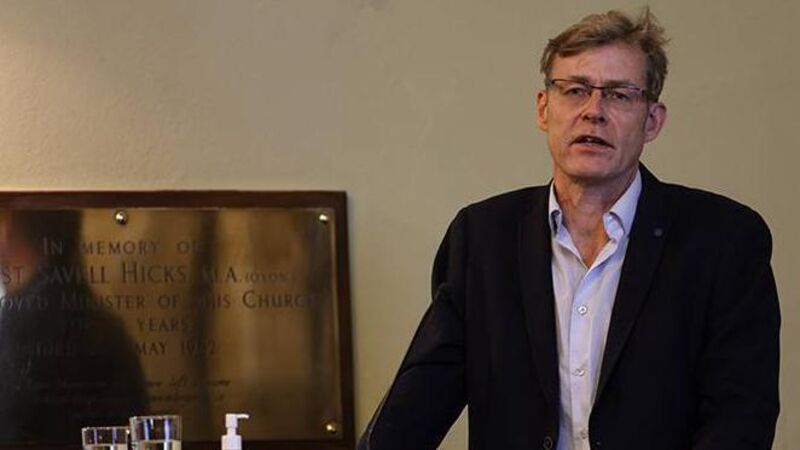Thu, 28 Jul, 2022 - 02:00
Sean Murray
The cost of living crisis is having a disproportionate impact on the most vulnerable people in society with older people rationing food as they struggle to pay their energy bills.
The Central Statistics Office (CSO) estimates that inflation to June 2022 is at 8.2% for the highest earning households, but 10.3% for those with the lowest levels of income.
Already a subscriber? Sign in
You have reached your article limit.
Subscribe to access all of the Irish Examiner.
Annual €130 €80
Best value
Monthly €12€6 / month
Introductory offers for new customers. Annual billed once for first year. Renews at €130. Monthly initial discount (first 3 months) billed monthly, then €12 a month. Ts&Cs apply.
CONNECT WITH US TODAY
Be the first to know the latest news and updates














